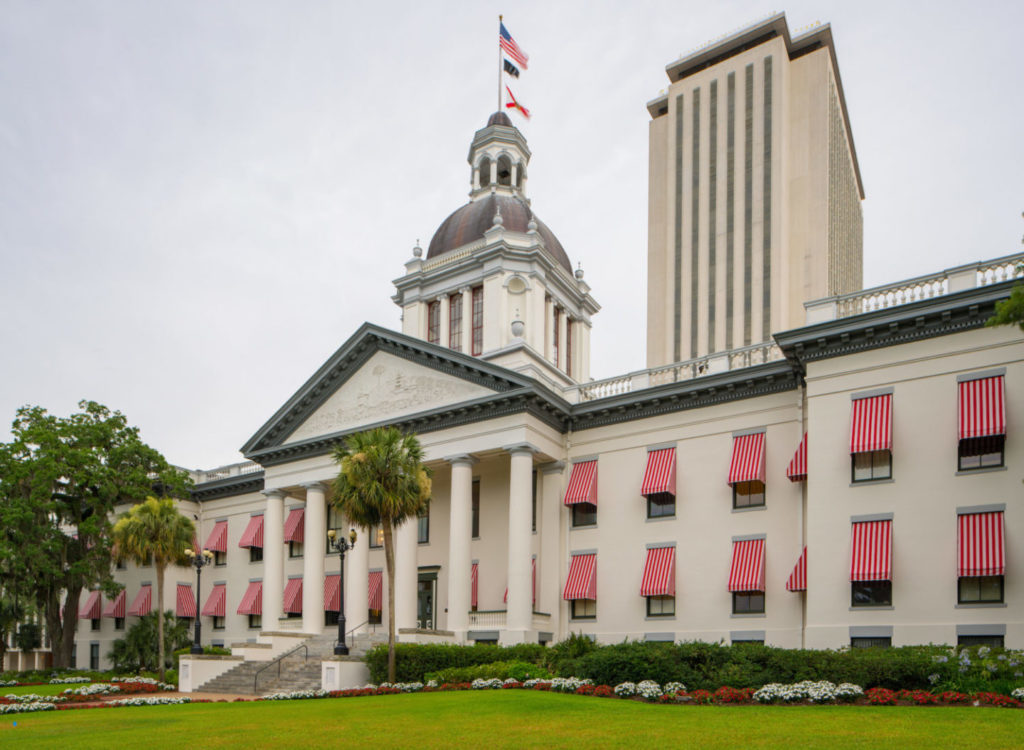Florida House committee approves bill that would expand state’s ESA program
(The Center Square) – The Florida House Appropriations Subcommittee on PreK-12 signed off on a bill that would expand the state’s education savings account program on Thursday.
State Rep. Kaylee…

(The Center Square) – The Florida House Appropriations Subcommittee on PreK-12 signed off on a bill that would expand the state’s education savings account program on Thursday.
State Rep. Kaylee Tuck, R-Sebring, introduced a proposed committee substitute to House Bill 1, which includes more oversight with families who are home schooling their children, more access to scholarships and more accountability.
This includes maintaining acceptable attendance levels and participation in state approved standardized testing. The changes are based on feedback received from families.
“The PCS creates a pathway for a parent to direct the educational instruction for their child via a personalized education program while meeting school attendance requirements required under the law.” Tuck said.
During a meeting of the Senate Subcommittee on Education on Tuesday, one concern raised by parents of children being home schooled was lack of transparency when families access scholarships.
“A parent will apply for a scholarship funding organization under the Florida Tax Credits Scholarship and create a customized student learning plan which will guide the instruction for their student and use their Empowerment Savings Account to purchase curriculum and other educational resources.” Tuck said.
The rewritten bill adds further accountability for parents, without encroaching on their rights to meet their child’s educational needs.
“A student learning plan must be updated at least annually for continued program eligibility and the student must take a nationally norm-referenced test assessment or a statewide assessment,” Tuck said, adding, “A personalized education student will have the same opportunities of other students in regard to participation.”
Students would also be able to have access to dual enrollment programs. Over 20,000 Florida students are currently eligible for a scholarship and according to Tuck, this will increase by 40,000 per year until at least 2027.
The bill would also increase the number of expenses that can be paid with ESA funds, including approved pre-apprenticeship programs and a higher education institution which participates in distance education.
Private schools who are eligible for scholarships would also require more transparency with parents and are required to discuss their child education plan.
The Department of Education will also oversee students who are receiving scholarships, taking it away from school districts, however, the DOE must still notify school districts of how many students are accessing the scholarships.
Fiscally, the first impact comes from the expansion of eligibility to all students who are residents of Florida and eligible to enroll. The second comes with the number of students able to enroll in scholarship programs, which will annually increase by 3%.
Concerns from the public included worries that local school districts will end up underfunded because families will instead opt to receive to $8,000 per year per child when they home school and access scholarships.
The Family Empowerment Scholarships will cost $4 billion in public school funding, according to Noreen Dollard from the Florida Policy Institute, who opposed HB 1 and wants public schools funds separated from the funding for the scholarships.


